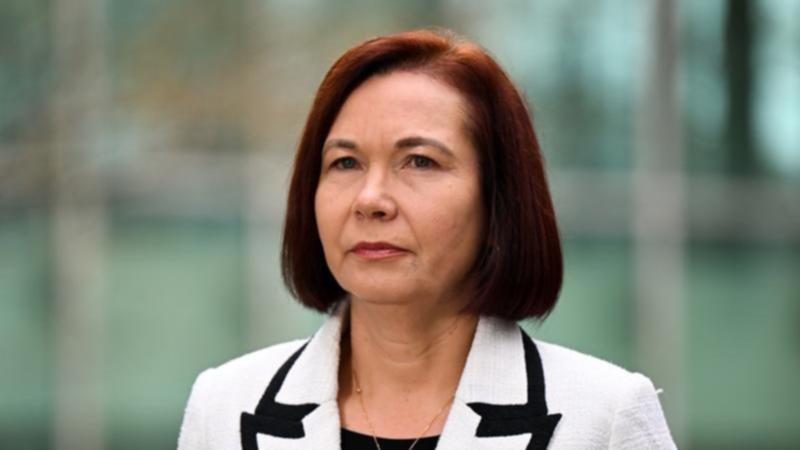Minerals Council of Australia cheers as Peter Dutton pushes button on nuclear power option
Miners have given Peter Dutton’s plan to build seven nuclear power plants across Australia their seal of approval, hailing it a ‘crucial’ cost-effective pathway towards the nation’s net-zero ambitions.

The Minerals Council of Australia has given Peter Dutton’s plan to build seven nuclear power plants across Australia its seal of approval, hailing it a “crucial” cost-effective pathway towards the nation’s net-zero ambitions.
Council chief executive Tania Constable said the coalition’s plan, released on Wednesday, balanced the needs of developing an energy mix that would meet environmental and economic goals while keeping local industries competitive amid “significant” cost pressures and ambitious emissions targets.
Ms Constable also moved to fend off nuclear naysayers, arguing it was time to “move beyond outdated anti-nuclear sentiments” and pointed to Australia’s global reputation for non-proliferation.
Sign up to The Nightly's newsletters.
Get the first look at the digital newspaper, curated daily stories and breaking headlines delivered to your inbox.
By continuing you agree to our Terms and Privacy Policy.“Many G20 nations either rely on nuclear energy or are actively developing new reactors,” she said.
“Australia must look at the sensible option, as demonstrated by the United States, which has recently identified 120 locations for new reactors without succumbing to fearmongering and misinformation.”
Ms Constable said high future demand for reliable and clean energy meant that all energy types would be “indispensable” in meeting Australia’s future energy needs.
“Nuclear energy stands out as a reliable, zero-emissions, 24/7 baseload energy source that can deliver long-term stability and support for Australia’s miners, manufacturers and communities,” she said.
“Nuclear energy complements renewables energy generation to deliver industrial heat requirements also for maintaining Australia’s credibility with trading partners to attract the investment needed to unlock the country’s mineral wealth.”
Under the coalition’s blueprint — which aims to have nuclear in the grid by the middle of the 2030s — Collie’s Muja power station in WA’s South West would become home to a small modular nuclear reactor.
Northern power station in South Australia has also been chosen to host a SMR — a still largely unproven technology.
Meanwhile, Liddell in the NSW Hunter Valley, Mt Piper outside Lithgow in the State’s central west, Gippsland in Victoria, Tarong and Callide power stations in Queensland are potential sites for larger nuclear power stations.
Mr Dutton has refusing to disclose the potential cost of the Commonwealth-owned stations amid predictions just one reactor could cost up to $17 billion.
While he will no doubt welcome the support of one of Australia’s leading mining lobbies, the research behind the MCA’s support for nuclear power has recently been called into question.
Only last month, the Clean Energy Council’s analysis of the CSRIO and Australian Energy Market Operator’s GenCost report found nuclear energy is up to six times more expensive at the highest end of cost estimates when compared to wind or solar with batteries.
The report also found the MCA’s research on small modular reactors in the Australian context “is already out of date and flawed”, as it did not anticipate the current long delay in small modular reactor projects around the world.
The Australian Chamber of Commerce and Industry’s chief of policy and advocacy David Alexander said extra energy options would reduce the risk of higher cost electricity in the years to come.
“Australian businesses need affordable and reliable energy over coming decades, and our energy costs will need to be competitive with other countries,” Mr Alexander said.
“We cannot know the future competitiveness of individual energy sources over future decades, but the way to ensure that we don’t get caught short down the track is to allow the full range of energy sources.”
Australia is home to a third of global uranium reserves and supplies about 10 per cent of global uranium used for zero-emissions electricity. But many producers have struggled to get projects off the ground amid depressed prices.
Shares in ASX-listed players enjoyed strong gains in early trade after Mr Dutton’s announcement.
WA-based Paladin Energy was up one per cent to $13.69 while Deep Yellow rocketed 3.2 per cent to $1.47. Boss Energy and Bannerman Energy also rose.
